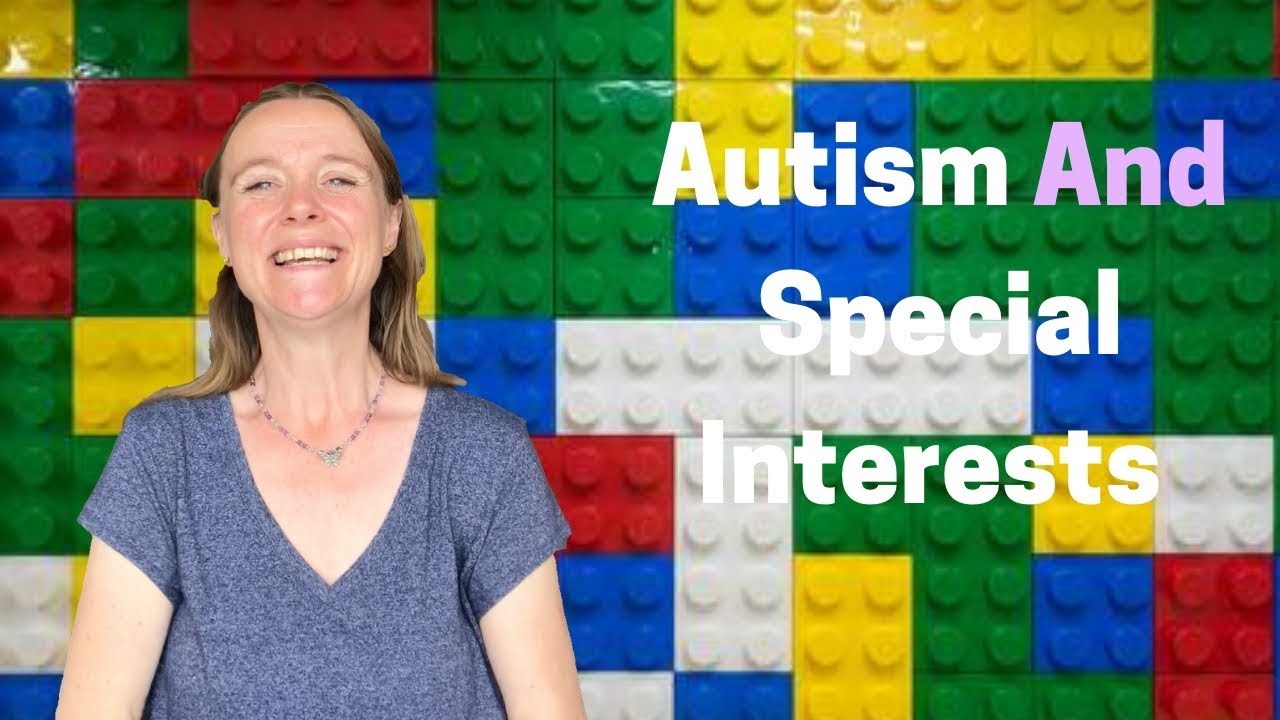Many children and adults with autism experience strong interests or “obsessions.” These can range from focusing on a favorite toy to diving deep into a specific topic. While sometimes challenging, these obsessions can also be a source of joy and comfort.
What Do Common Obsessions Look Like?
Obsessions in autism can take many forms. Some of the most common include:
- Objects and collections: trains, cars, stuffed animals, or certain household items.
- Topics of interest: dinosaurs, maps, space, math, or specific TV shows.
- Routines and rituals: needing things arranged a certain way or repeating the same activity daily.
- Sensory interests: spinning objects, watching lights, or listening to the same song on repeat.
These special interests often provide structure and reduce anxiety. They can also be a great way to encourage learning when guided positively.
Why Do Obsessions Happen?
For many autistic individuals, obsessions are more than just hobbies. They help:
- Manage stress and feel safe.
- Provide a sense of control in daily life.
- Build expertise in areas of deep interest.
When supported, these interests can even turn into strengths and valuable learning opportunities.
Instead of seeing obsessions as negative, parents and caregivers can use them to:
- Motivate learning (e.g., practicing math with train schedules).
- Encourage social skills (sharing interests with peers).
- Build confidence and self-expression.
At Move Up ABA, we help families harness these special interests to support growth and learning. We offer ABA therapy at home and school-based ABA therapy across Maryland and Virginia. If your child has unique interests, our team can help turn them into powerful tools for development.
Ready to get started? Contact Move Up ABA today to learn how our personalized ABA therapy can support your child.
FAQs
Are obsessions in autism harmful?
Not usually. They often provide comfort, but support may be needed if they interfere with daily life.
Can obsessions help with learning?
Yes! Many children learn best when their interests are included in lessons and activities.
How can ABA therapy help with obsessions?
ABA therapy can use a child’s special interests to build skills, reduce stress, and encourage positive behaviors.




